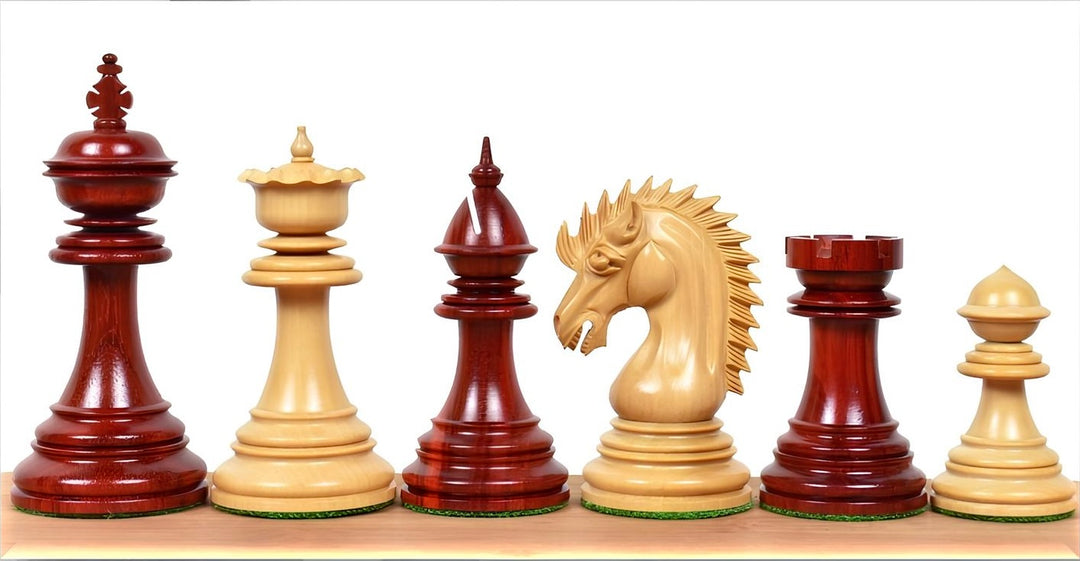Introduction to Chess Controversies
Chess, one of the oldest and most intellectual games in the world, has intrigued countless individuals across various cultures and centuries. With its complex strategies and deep cognitive demands, chess is often lauded for its ability to improve problem-solving skills and mental acuity. However, despite its revered status, there are several perspectives and arguments that critique the game, portraying it as having potentially negative aspects. This article explores why some individuals consider chess to be a negative influence.
1. Psychological Impact
a. Stress and Anxiety
Chess, at competitive levels, is known to induce high levels of stress and anxiety. The intense focus required for the game can lead to significant psychological pressure, especially in tournaments. This stress can manifest in physical and mental health issues, prompting some critics to question the overall benefit of engaging in chess at a competitive level.
b. Obsession and Over-Commitment
Another psychological aspect often criticized is the potential for chess to become an obsession. This can lead to excessive time being spent on the game, sometimes at the expense of other important activities such as social interactions, physical activities, and even educational pursuits. For young players, in particular, the obsession can result in a lopsided development of skills and interests.
2. Social Implications
a. Elitism and Exclusivity
Chess is sometimes seen as elitist or exclusive. The perception that it is a game for the intellectually gifted can alienate potential players who might feel inadequate or intimidated. This exclusivity can lead to a homogeneous group of players, which may lack diversity in terms of socioeconomic backgrounds and education levels.
b. Competitive Pressure
The highly competitive nature of chess can also discourage participation. The emphasis on winning and rankings can overshadow the enjoyment and educational value of the game, creating a barrier to entry for those who are less competitive or who are beginners.
3. Impact on Innovation and Creativity
Some critics argue that chess, by virtue of its structured nature and reliance on established strategies and tactics, might inhibit genuine creative thinking. Rather than fostering a truly innovative mindset, chess might encourage a conformity to tested and traditional strategies. This perspective suggests that the game does not sufficiently reward creative risks and innovative approaches, potentially stunting a player's ability to think outside the box in other areas of life.
4. Potential for Addiction
Like many games that require intense intellectual engagement, chess can be addictive. The gratification derived from winning or solving complex problems can lead to continuous play, with excessive periods spent analyzing games, playing, and studying strategies. This addiction can detract from other essential life activities and responsibilities, creating imbalance.
Conclusion
While chess has undoubtedly been beneficial for many, fostering intellectual growth and providing a competitive but enriching activity, it is not without its drawbacks. The perspectives that consider chess as potentially harmful or negative primarily focus on the psychological, social, and developmental impacts it can have. Ultimately, like any activity, the key lies in balance and moderation. Understanding the criticisms of chess can lead to a more inclusive and mindful approach to its promotion and teaching, ensuring it remains a beneficial pursuit for all involved.
Explore our large collection of luxurious chess sets!


































Leave a comment